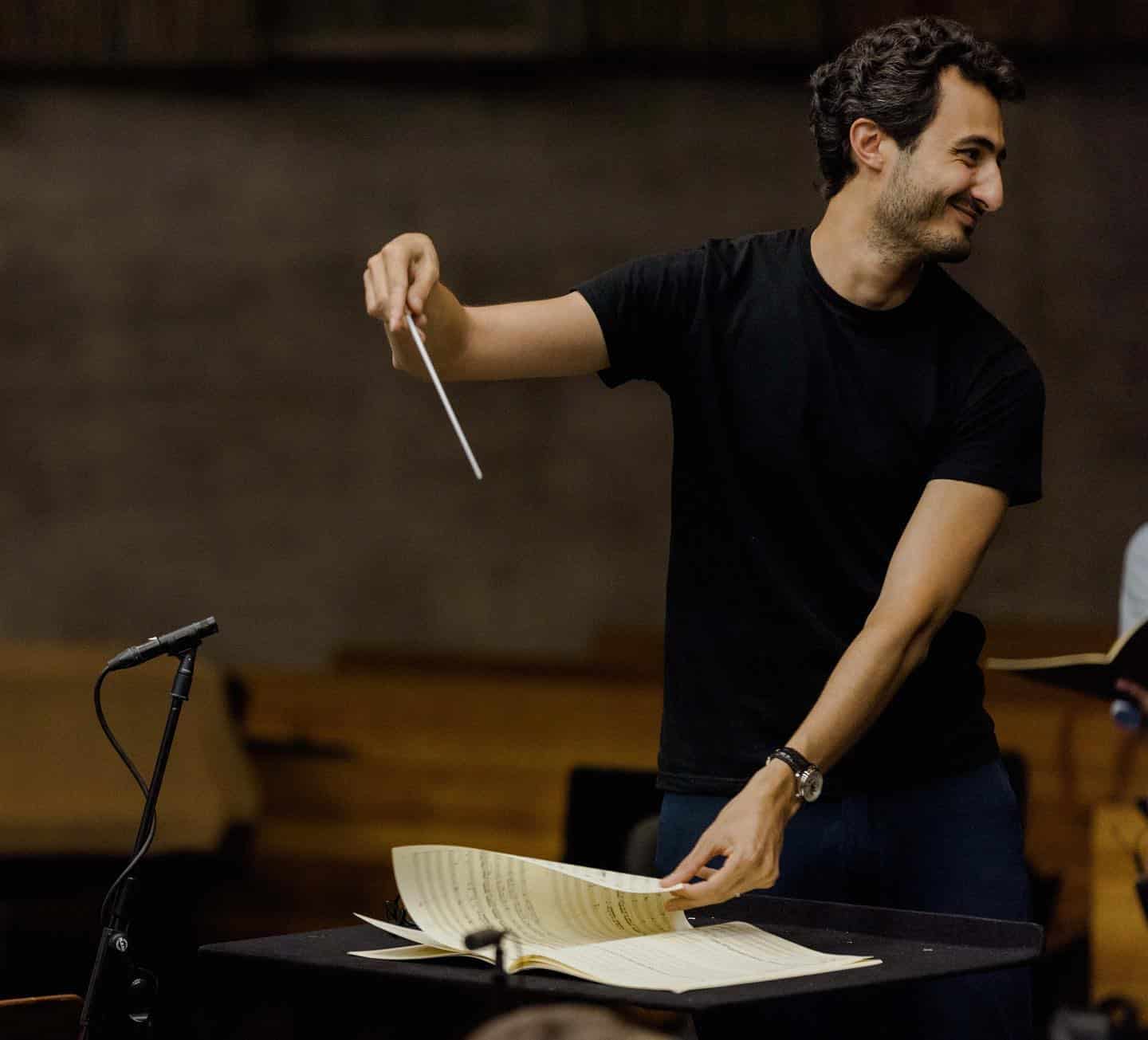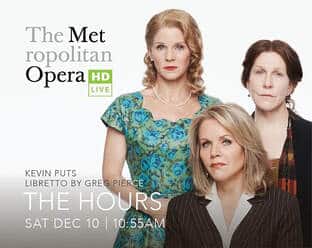Just in: Met posts $1 million surplus, breathes again
mainPeter Gelb has announced a $1 million surplus for last year at the Metropolitan Opera, despite low audience figures.
Increased ticket prices made up for a fall in ticket sales from 76 to 74 percent. Budget trims of $18 million did the rest.
The results reverse a $22 million deficit for the previous year.
Key Gelb quotes from the WSJ:
– ‘One of the advantages of having such a large budget, we shaved a little bit here and a little bit there, and those little bits added up.’
– ‘We sold more single tickets, but we are losing subscribers.’






I suspect subscriptions are a doomed enterprise. This is an on-demand society. People do not like to commit ahead of time — a text may come in with a better offer. I hear all sorts of anti-subscription excuses from all sorts of people who actually profess to like opera, or concerts, or theatre or whatever. Don’t know what the weather will be like that day. Could have to work overtime. Might have out-of-town company.
Most companies I know offer generous exchange plans to accommodate such problems, and others, which of course can arise all the time. Sweetened by discounts for subscribing. As a longtime subscriber, with a companion who is also extremely busy, the presence of those tickets is a safety valve for us. We plan our work weeks so that on a concert night we have already informed our bosses, clients, etc., that we will not be available late as we are otherwise committed. It gives us a guarantee of a set of nights out, whatever we add on through the season, to give us a break from day-to-day life.
But I know my rationale has fallen on deaf ears with friends and others. So organisations are going to have to rethink their marketing plans — the days of budgeting based on estimated subscription sales are dwindling.
See also
http://www.nytimes.com/2015/09/17/arts/the-met-considers-naming-rights-and-other-ways-forward.html?ref=music&_r=0
“Increased ticket prices made up for a fall in ticket sales from 76 to 74 percent.”
Maybe he should start a business. Or better yet, a cultural non-profit.
Also known as “creative accounting.”